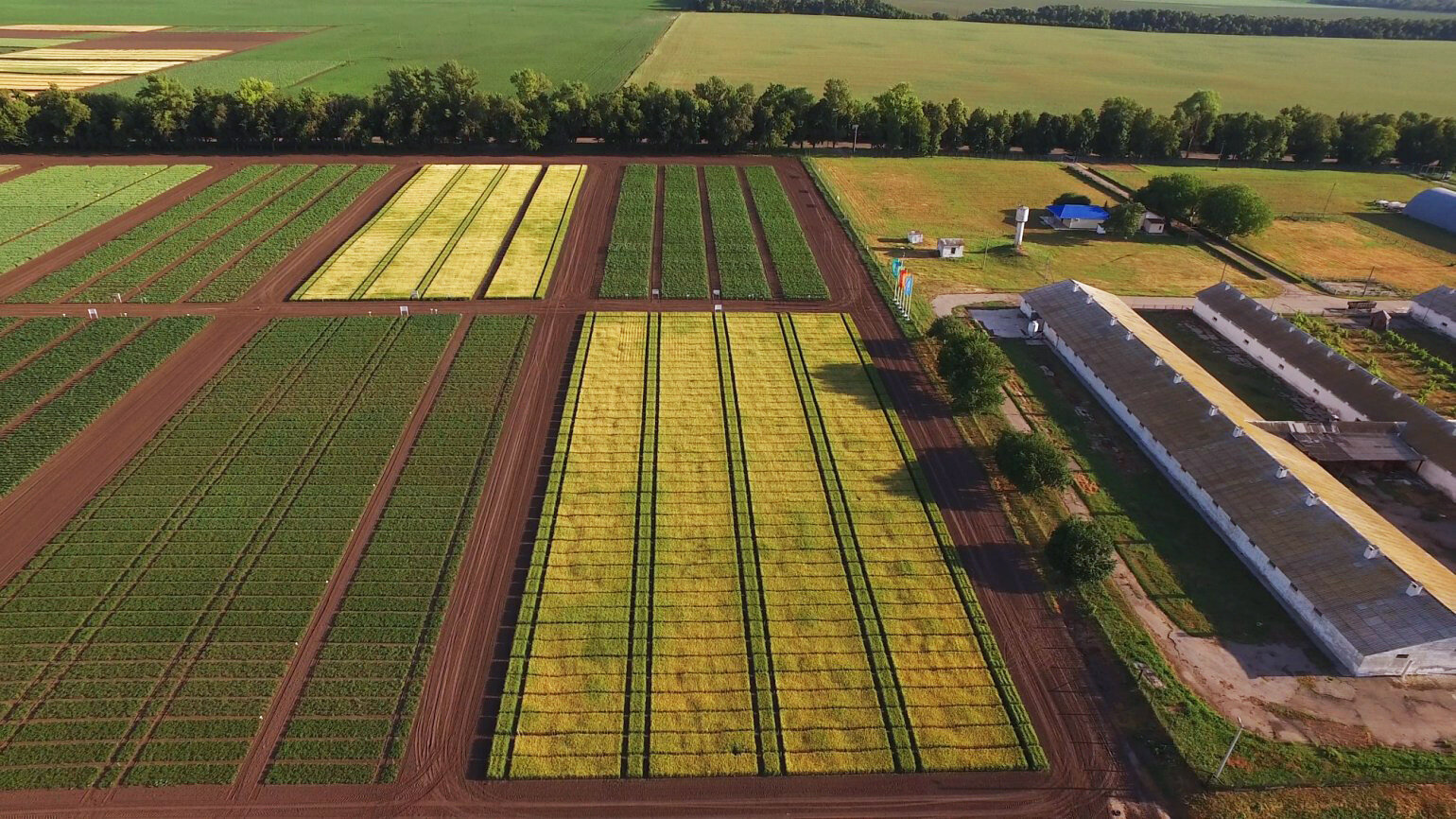German BASF, the world’s largest chemical producer, is a household name in agriculture, where its pesticides are widely used. Even Ukraine’s fertile lands require special care, which explains the company’s success here.
Since its arrival in Ukraine in 1992, BASF (Baden Aniline and Soda Factory in German) has been bringing a wide variety of chemicals to Ukraine. Though also present in other industries, BASF’s main business in Ukraine revolves around agriculture.
Tiberiu Dima, managing director of BASF Ukraine, believes products such as fungicides and pesticides can help farmers.
If more Ukrainian farmers start using the right chemicals to protect their crops from pests and diseases, a higher yield can be reached and help the country’s economy in the end, he told the Kyiv Post.
“Running an agricultural business is always a challenge,” the Romanian businessman said.
Working with farmers
Founded in Germany near the Rhine River in 1865, the 156-year-old multinational company expanded from a small town to the biggest player in the chemical market, with sales worth roughly 60 billion euros in 2020.
Now present in more than 90 countries, BASF wants to strengthen Ukraine’s agricultural potential. Known as Europe’s breadbasket thanks to its highly fertile black soil, agriculture is one of Ukraine’s best-performing sectors.
In 2020, the agricultural sector’s share of Ukraine exports amounted to 45%, accounting for more than $22 billion, according to the Ukrainian Agribusiness Club, an association of leading agro-industrial companies in Ukraine.
To understand the needs of agricultural companies, BASF tries new chemical products on Ukrainian soil. The company tests various products to determine which methods work the best, then shares its findings with local farmers.
There are four BASF agro-centers across the country.
“We are making significant efforts to exchange and to get even closer to our customers,” Dima said.

BASF has four agro-centers located across the country where new products are tested on Ukrainian soil. The Germany-based company then shares the findings with local farmers to help boost their agricultural production.
Increasing crop yield
Despite the low use of yield-boosting chemicals, Ukraine is expected to harvest a record-high 80.6 million tons of grain this year, up from 65 million tons in 2020, according to World Grain, an international business magazine for the grain industry.
Alex Lissitsa, president of the Ukrainian Agribusiness Club and CEO of Warsaw-listed agricultural company IMC, told the Kyiv Post that Ukrainian farmers need proper crop protection products to grow high yields.
Due to lack of money or knowledge, or simply not having the equipment needed, Ukrainian farmers historically use a lot fewer crop protection products than farmers in other European countries, Lissitsa said.
Ukraine’s plant protection market is worth $900 million in Ukraine, according to Lissitsa, which is a lot less than the German crop protection market, where sales totaled about $1.5 billion in 2018.
Looming danger
A large number of outdated pesticides, including glyphosate, threaten the environment in Ukraine, said Mariia Diachuk, an industry expert at Ecoaction, a local environmental conservation organization.
Pesticides can be used as long as farmers know which ones to use and in what quantity, she said. It’s equally important to know the timing, she added. Otherwise, it puts the environment, biodiversity, and human health at risk.
When these agrichemicals are improperly stored or disposed, it can lead to harmful contamination of water bodies, according to multiple studies.
The screening of Ukraine’s longest Dnipro River, for example, revealed a very high level of pesticides, particularly ones banned in the European Union since 2004, according to Diachuk.
Improper use of pesticides, in addition to non-compliance with technological requirements, are to be blamed for the loss of Red Book bird species in the natural reserve in Kherson Oblast, and it’s still threatening biodiversity in general, she added.
When used properly, however, crop protection products are a lot safer than in the past, according to a study by the European Parliamentary Research Service. They can be used to avoid reduction of yield losses caused by pests, pathogens and weeds.
Further innovations
Dima wants to bring BASF’s latest technology to further boost crop production in Ukraine.
BASF launched a joint venture with German engineering company Bosch in late June to develop smart technologies and improve efficiency in farming.
The new venture, registered under the name BASF Bosch Smart Farming, sells so-called intelligent spraying, which helps farmers avoid excessive use of crop protection products.
The device detects weeds so that chemical spraying can be better targeted. So far, the focus is on the Western market, but Dima said the technology might come to Ukraine as well.
“We plan to continue growing,” he said
